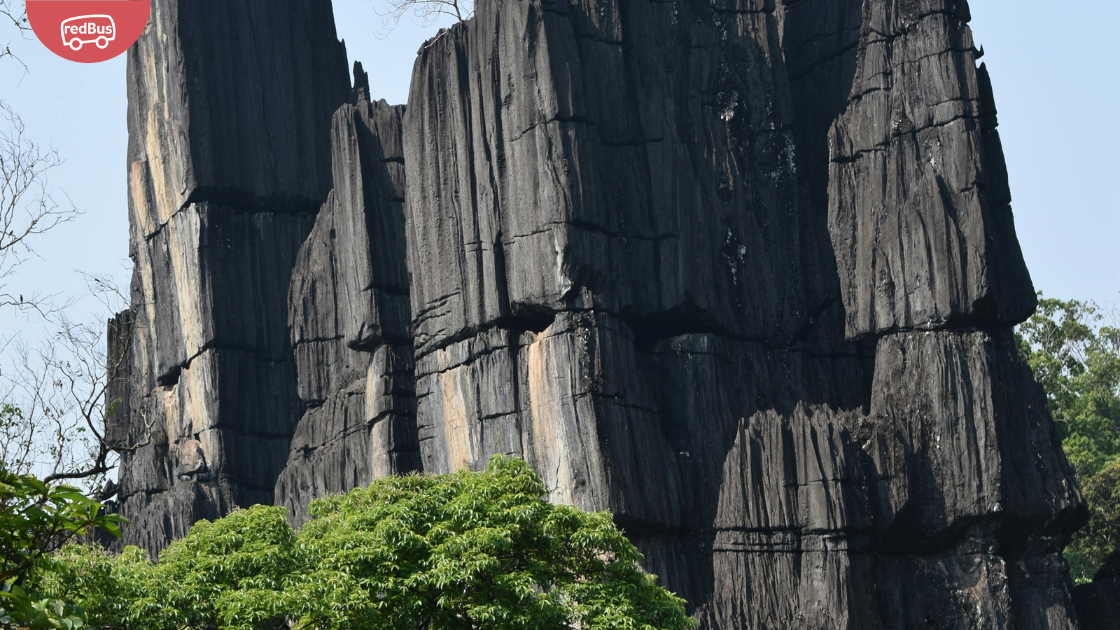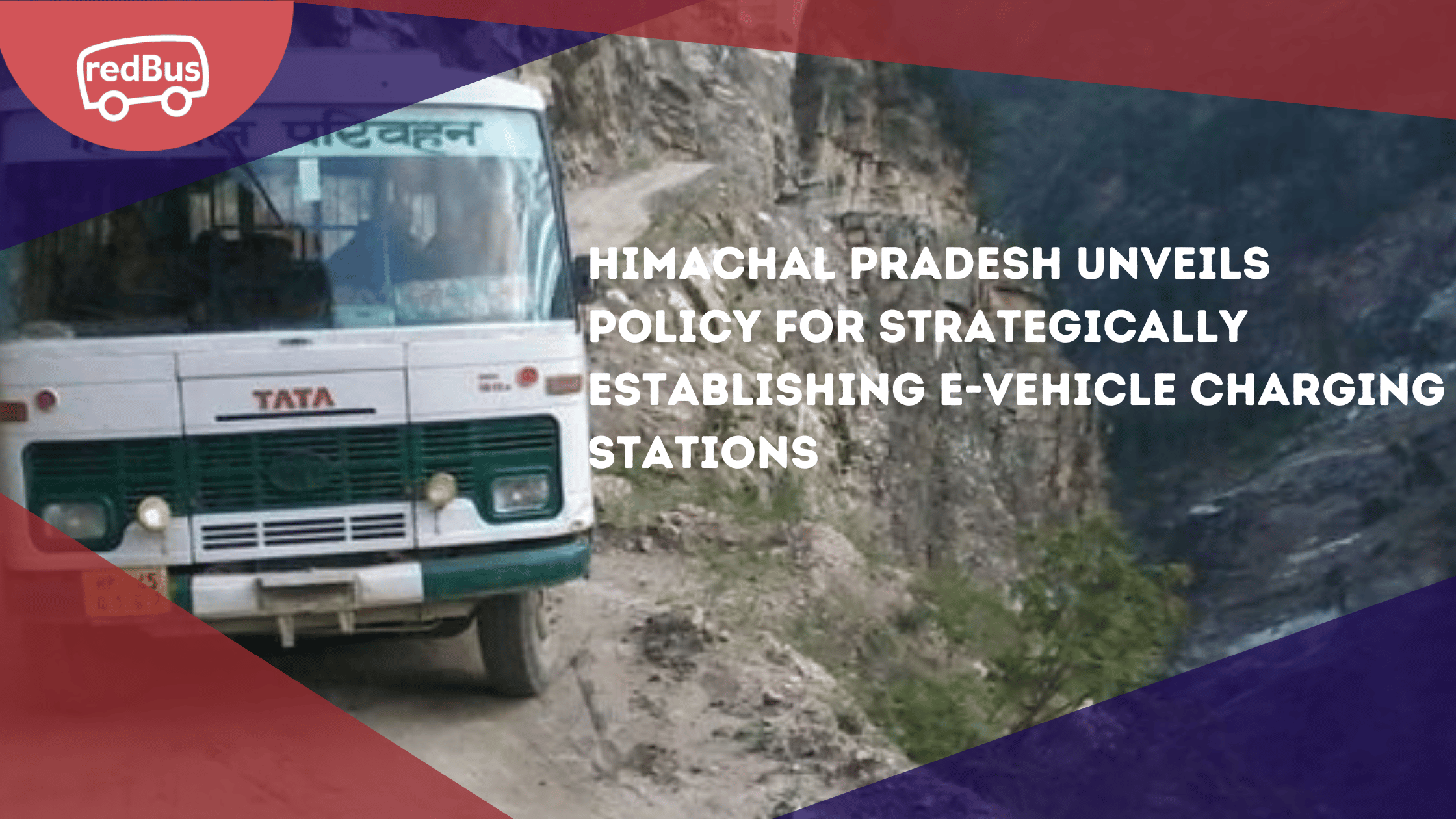In a significant announcement, Chief Minister Sukhvinder Singh Sukhu has unveiled the Himachal Pradesh Government’s ambitious plan to implement a comprehensive policy aimed at catalyzing the development of electric vehicle (EV) charging infrastructure within the state. The announcement was made during a pivotal meeting held in Shimla, where the Chief Minister underscored the multifaceted objectives of this pioneering policy.
Chief Minister Sukhu emphasized that this policy is meticulously designed to tackle critical aspects such as accessibility, convenience, and the creation of employment opportunities within the burgeoning e-mobility sector. He reiterated the government’s unwavering commitment to fostering the widespread adoption of electric vehicles while concurrently mitigating carbon emissions.
One of the standout features of this policy is its proactive engagement with the private sector. The state government, through this initiative, seeks to entice private bus operators into establishing EV charging stations by offering an enticing 50% subsidy. This move is envisioned to play a pivotal role in expanding the network of EV charging stations across Himachal Pradesh.
By promoting such private sector involvement, the government aims to elevate the status of existing and upcoming EV charging stations across the state. This initiative is intricately tied to the global trend towards sustainable transportation, as both public and private sectors collaborate to drive the adoption of electric vehicles.
The government’s commitment to this transition extends beyond charging infrastructure. Notably, the Himachal Pradesh government is actively working on developing six strategically planned corridors, encompassing National and State Highways, totaling an impressive 2,137 kilometers in the initial phase. These corridors are poised to be the backbone of the state’s electric mobility network.
Additionally, the Himachal Road Transport Corporation (HRTC) is making gradual inroads in the electric vehicle domain by incorporating electric buses into its fleet. The Chief Minister has directed HRTC to identify suitable routes for these new electric vehicles, underlining the government’s vision to substantially reduce reliance on fossil fuels within the public transport sector.
Moreover, this forward-looking policy places significant emphasis on the scientific assessment of land suitability for infrastructure development, particularly for EV charging stations and related facilities.
During the meeting, Chief Minister Sukhu conducted a comprehensive review of ongoing solar power projects and called for expeditious land transfer processes. He also championed the exploration of green ammonia and biogas plants to further promote clean energy sources. A detailed project report for a pilot green ammonia plant is expected to be prepared by October 31, 2023. Green hydrogen was highlighted as a pivotal component of the state’s clean energy future.
Furthermore, Chief Minister Sukhu revealed plans to complete hydropower projects with a combined capacity of 1,000 megawatts during the fiscal year 2023-24. This underscores the government’s unwavering dedication to green and sustainable energy initiatives.
The Chief Minister’s visionary approach was evident in the presence of key officials from various departments, including Rural Development and Panchayati Raj Minister Anirudh Singh, Principal Advisor to the Chief Minister Ram Subhag Singh, Chief Secretary Prabodh Saxena, Principal Secretaries Bharat Khera and RD Nazeem, Maneesh Grag, and other senior officials. Their collective participation in the meeting exemplified the government’s collaborative strategy in shaping a sustainable future for Himachal Pradesh.










